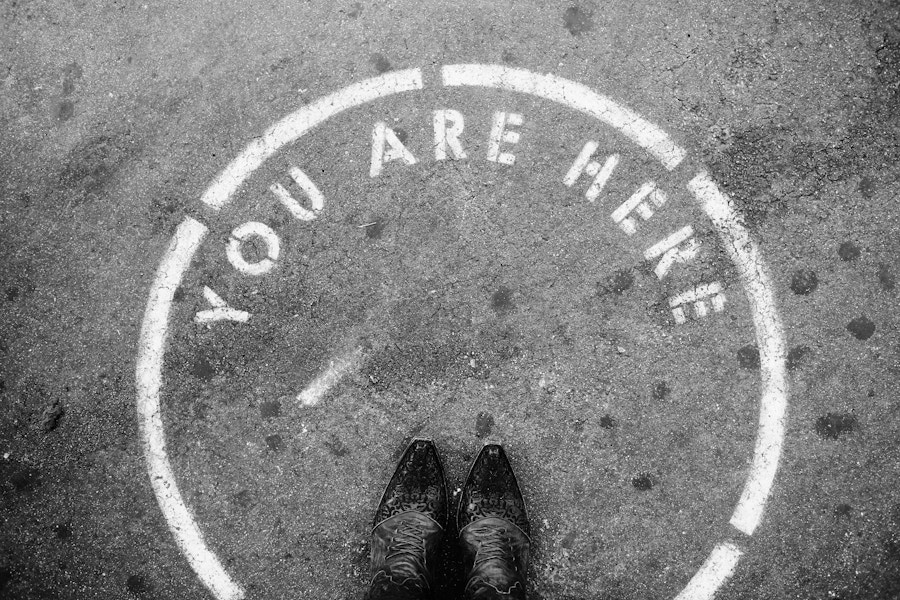Our daily lives, our habitual patterns of thinking and acting, are inseparable from our prayers. For instance, if our thoughts and actions are habitually angry, our anger will surely infect our prayers. As Tertullian, an ancient North African Christian, writes, “Prayer should be uttered from a spirit like the Spirit to whom it is sent … What reason is there to go to prayer with hands indeed washed, but the spirit foul?” Oh my, that was direct, but it’s par for the course with Tertullian.
Tertullian is raising the volume level for a reason. He is convinced that God’s image-bearers, left to themselves, can be deeply, horribly self-deceived. Our fundamental self-deception, Tertullian is convinced, manifests itself in a habituated tendency to lie about the true condition of our lives.
We imagine ourselves generous yet rarely give anything away. Pure in our thinking yet addicted to a weekly jaunt through the Web’s darkest corridors. We can blithely assassinate someone’s character and five minutes later be sitting in a worship service or retreat center, praying for the very same person whose character we just murdered.
Our habituated thoughts and behaviors are who we are — our character. And it is our character that we bring into prayer with us. We have no other choice. Does this mean we should stop praying? No. For prayer is a principal means of healing and reshaping our character into the image of Christ.
It does mean, as Tertullian points out, that it’s impossible to separate our lives into hermetically sealed boxes — my spiritual life in Box A, my day-to-day life in Box B. The walls of these boxes are permeable; they leak. What’s going on outside of prayer in my life leaks into my prayers.
Prayer, then, is an invitation to openness and honesty before God. It surely is not the time to show off. The church fathers took Jesus’ instructions to retire to one’s room to pray alone very seriously (Matt. 6:5 – 15). Ancient Christians were reluctant to have individuals pray publicly, at least in terms of public, spontaneous prayer, largely because of the temptation to use prayer as a means of self-promotion.
The fathers viewed with wariness exaggerated posturing, speaking loudly in prayer as though we needed to attract God’s notice, and any attempt to draw attention to oneself rather than God in prayer. Tertullian, I think with a hint of humor, advises us to use a “subdued” voice in prayer, rather than a loud one. “For if we are to be heard for our noise, what large windpipes we would need! But God is the hearer — not of the voice — but of the heart.”
We don’t need to shout to wake a sleepy deity. God is always listening and watching. To be truthful, it is we who often possess hardened ear drums and blinders on our eyes. Cyprian, a North African bishop, exhorts, “Be constant in both prayer and reading. First, speak with God; then let God speak with you. Let Him instruct you in His teachings, let him direct you.”
The fathers wisely understood that we have an audience of one for our prayers. This is not to say that the fathers forbade public prayer — Tertullian acknowledges that Paul and Silas sang in prison, with wonderful results (Acts 16:25 – 34). It is to say that ancient Christians understood that pride too often infects even the most seemingly holy actions. We can deceive ourselves too easily, imagining that we are talking to God when we are only talking to ourselves, sometimes about ourselves.
I’m reminded of Jesus’ words about the hypocritical Pharisee: “The Pharisee stood up and prayed about himself: “God, I thank you that I am not like other men — robbers, evildoers, adulterers — or even like this tax collector” (Luke 18:11). The Pharisee’s self-deception and pride — his bloated, exaggerated self-estimation — blinded him to the truth. Is he really “not like other men”? Hardly. Indeed, this Pharisee’s state before God has placed him in a very perilous position. If he remains blind, he will never see his need for the truth and will continue his merry, self-deceived journey through life. A false self-estimation has distorted his prayers and trapped him in a dead zone of self-deceit.
Photo by Fallon Michael on Unsplash
Text First Published March 2018 · Last Featured on Renovare.org February 2022


